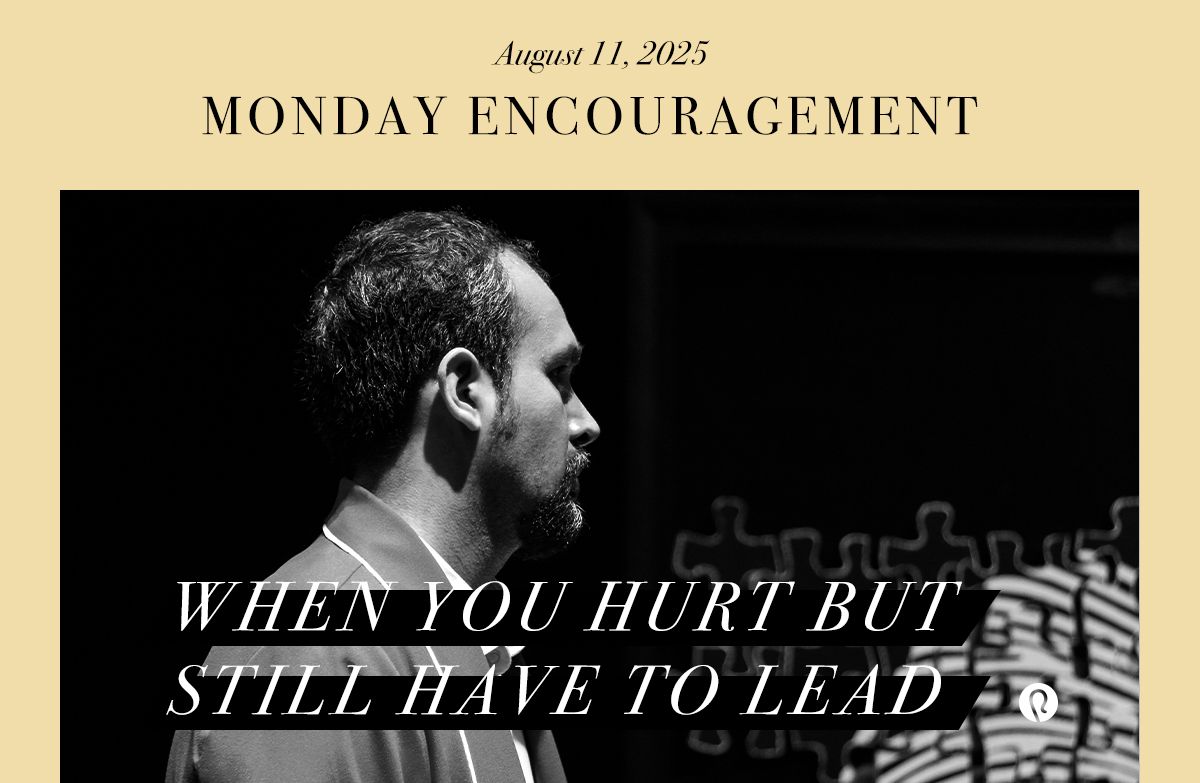FellowshipPreaching/TeachingLeadershipCelebrate RecoveryDiscipleshipSmall GroupsEvangelismWorshipMinistry
How to Preach Like Jesus (Part 3): Keep It Interesting and Simple

Don't miss the first two parts of this series:
Part One: Start with People
Part Two: Get Practical
The crowd loved to listen to Jesus. Mark 12:37 says, “The large crowd listened to Jesus with pleasure” (NCV). The New International Version says they “listened with delight.”
Some pastors actually think they have failed in their preaching if people enjoy a message. I’ve heard pastors say proudly, “We’re not here to entertain.” If you look up the word “entertain” in a dictionary, you‘ll find this definition: “capturing and holding the attention for an extended period of time.” I don’t know any preacher who doesn’t want to do that! We shouldn’t be afraid of being interesting. A sermon doesn’t have to be dry to be spiritual.
To those outside the church, dull preaching is unforgivable. Poorly delivered truth is ignored. On the other hand, the unchurched will listen to absolute foolishness if it is interesting.
It never ceases to amaze me how some Bible teachers are able to take the most exciting book in the world and bore people to tears with it. I believe it is a sin to bore people with the Bible.
The problem is this: When I teach God’s Word in an uninteresting way, people don’t just think I’m boring, they think God is boring! We slander God’s character if we preach with an uninspiring style or tone. The message is too important to share it with a “take-it-or-leave it” attitude.
Jesus captured the interest of large crowds with techniques that you and I can use:
He told stories to make a point.
Jesus was the master storyteller. He'd say, "Hey, did you hear the one about . . . " and then tell a parable to teach a truth. In fact, the Bible shows that storytelling was Jesus’ favorite technique when speaking to the crowd. “Jesus spoke all these things to the crowd in parables; he did not say anything to them without using a parable" (Matthew 13:34 NIV). Somehow preachers forget that the Bible is essentially a book of stories! That’s how God has chosen to communicate his Word to human beings. There are many benefits to using stories to communicate spiritual truth:- Stories hold our attention. The reason why television is so popular is because it’s essentially a story-telling device, whether you’re watching comedy, drama, the news, or a talk show. Even the commercials are stories.
- Stories stir our emotions. They impact us in ways that precepts and propositions never do. If you want to change lives, you must craft the message for impact, not for information.
- Stories help us remember. Long after a pastor’s cute outline is forgotten, people will remember the stories of the sermon.







